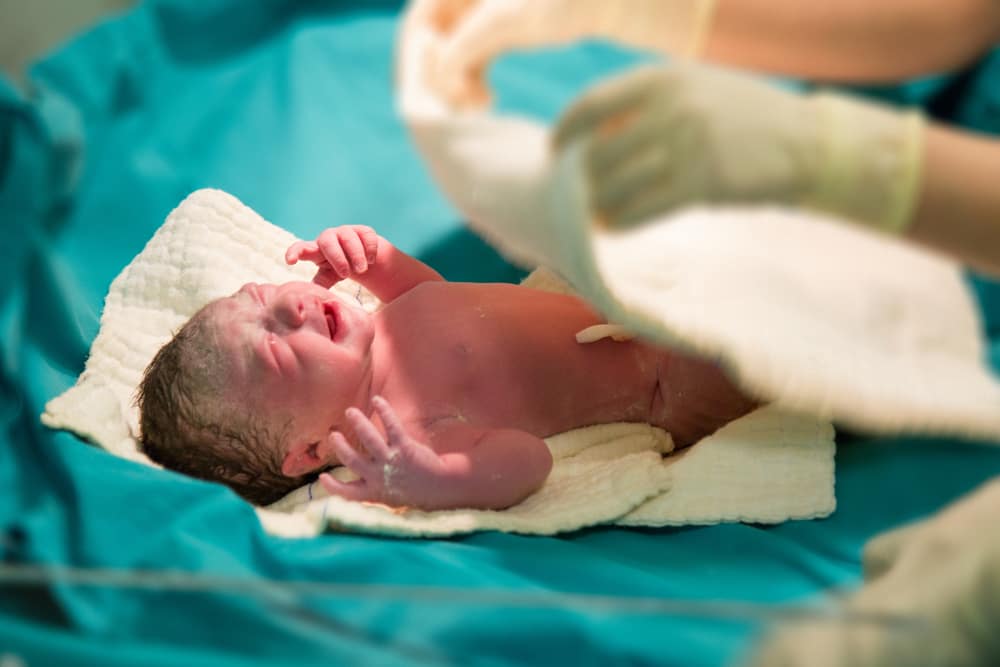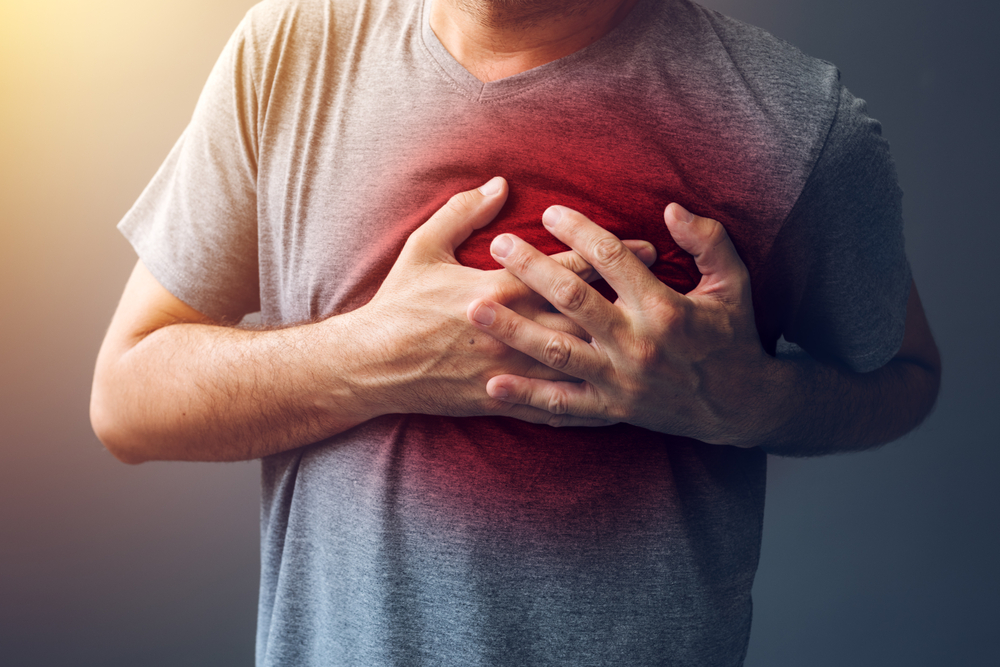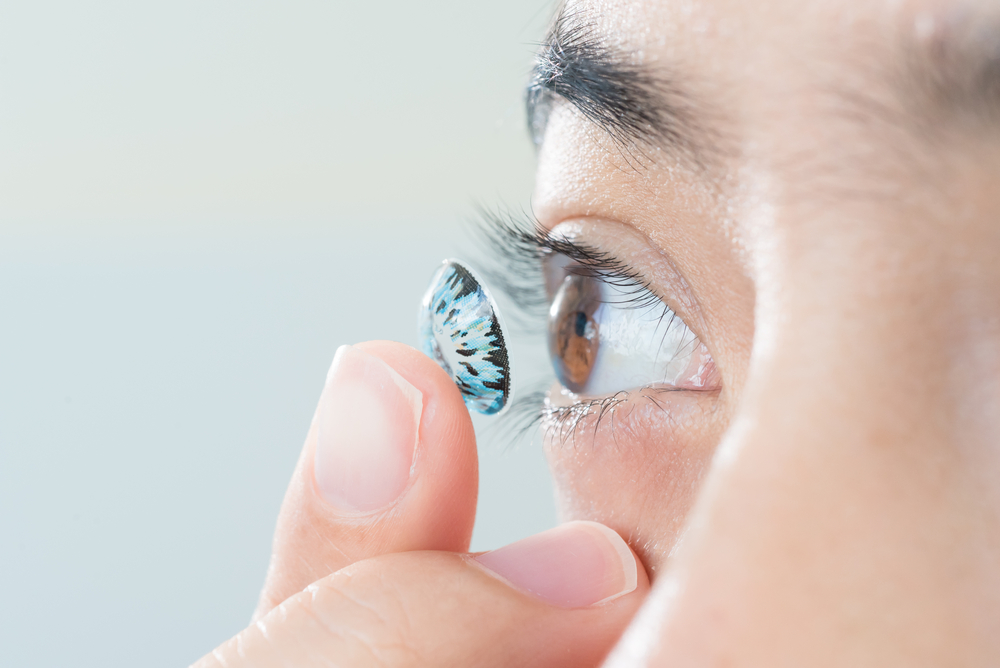Contents:
- Hyperthermia is an abnormally hot body temperature
- Signs and symptoms of hypertemia
- How do you treat hyperthermia?
- How to prevent conditions so that hyperthermia does not occur?
Hot body temperature is synonymous with symptoms of fever. However, sudden and unnatural increases in body temperature can be caused by hyperthermia. Hypertemia must be watched out, especially for people who live in hot climate countries, such as Indonesia. Hyperthermia is a condition that can be fatal if not treated quickly.
Hyperthermia is an abnormally hot body temperature
Hyperthermia is not normal heat or warmth. Hyperthermia is a condition of the body's core temperature that rises sharply and occurs suddenly in a short time, but your body is unable or not have enough time to sweat to cool down.
Hot body temperature due to hyperthermia usually occurs due to exposure to hot temperatures from the surrounding environment outside the body's tolerance limits, for example when the weather is unusually hot. Hyperthermia can also be triggered by fatigue due to heavy physical activity which increases the body's core temperature, such as exercise during the day for a long time.
Hyperthermia is susceptible to people working in hot temperatures, such as fishermen, farmers, firefighters, welders, factory workers, or even construction workers.
Taking certain drugs is also susceptible to causing you to get a hot shock. For example, heart drugs and diuretic drugs. These two drugs can reduce the body's ability to cool down through sweat. People who have hypertension and are on a low-salt diet are also at risk of developing hyperthermia.
Signs and symptoms of hypertemia
Hyperthermia is often accompanied by symptoms of dehydration. In general, here are a number of common symptoms that can arise when you experience hypertemia:
- Dizzy
- Tired
- Nausea, vomiting or diarrhea
- Thirsty
- Headache
- Confusion (difficulty focusing / difficulty concentrating)
- Dark urine (a sign of dehydration)
- Cramped limb muscles, arms, or stomach
- Pale skin color
- Excessive sweating
- Fast heartbeat
- Red bumps on the skin
- Swollen hands, calves or ankles (edema symptoms)
- Fainted
These extreme hot body conditions should not be ignored. If not handled properly, hyperthermia can develop into heat stroke, which can damage the brain and other vital organs. Heat stroke can even cause death.
How do you treat hyperthermia?
If you or someone around you has symptoms of hypertherm, it is important to get out of the hot area immediately and rest in an air-conditioned room or in a cool, cool place.
Afterwards, multiply drinking fluids to restore the body's electrolyte levels, but avoid caffeine and alcohol. Remove tight clothing and replace with thin clothes that can absorb sweat well, for example from cotton.
Perform cooling measures such as adjusting the fan or compressing a cold towel at the pulse point, such as in the neck, under the armpit, and in the elbow. You can also take a cold shower.
If the action fails within 15 minutes or the body temperature is hot to reach 40 degrees Celsius, seek emergency medical help. This condition is vulnerable to continuing heat stroke.
After you recover from hypertherm, you will most likely be more sensitive to high temperatures over the next few weeks. So you should avoid taking too long physical activity during hot weather and absent first exercise until the doctor gives you the green light to resume normal activities.
How to prevent conditions so that hyperthermia does not occur?
The first step in preventing hyperthermia is to recognize the risks and symptoms. This can happen if you work or are often in a situation and hot-temperature conditions. It's a good idea to do some of the following precautions:
- If you are often in a hot environment, rest in a cool or air-conditioned place
- Do not heat outside the house if there is no need. Protecting yourself from heat is better than being attacked by hyperthermia
- Keep enough body fluid intake as much as possible. Drinking water or drinks containing electrolytes every 15 to 20 minutes can help prevent you from becoming dehydrated.
- Wear clothes that absorb sweat when outside or in hot weather. Wear a hat to block the blazing sun from flushing your face.












